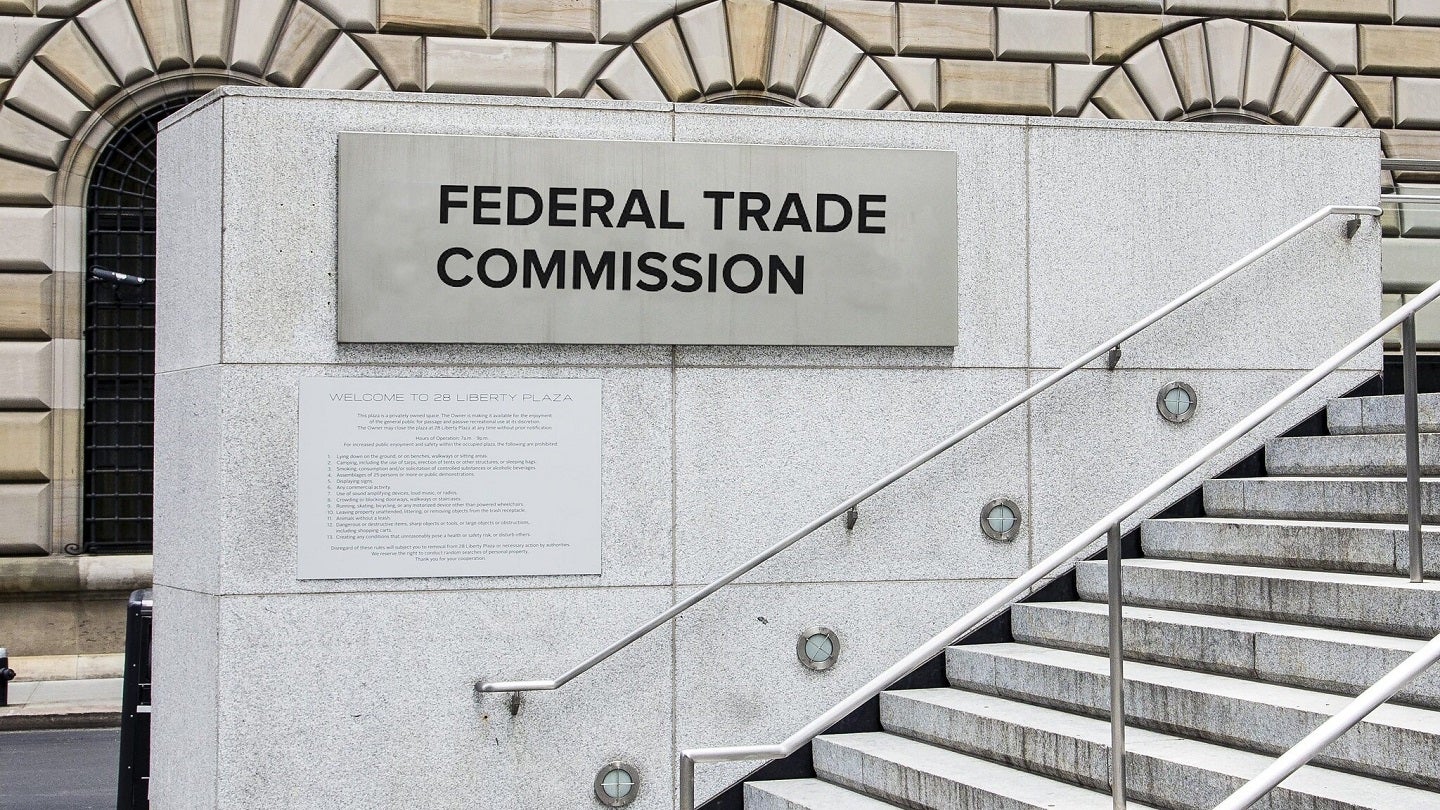FTC Monopoly Case Against Meta: A Shift In Tactics

Table of Contents
The FTC's New Strategic Approach: Beyond Antitrust
Traditional antitrust approaches often focus on proving existing monopolistic behavior and imposing penalties afterward. The FTC's strategy against Meta differs significantly. Instead of solely focusing on past actions, the lawsuit aims to prevent future anti-competitive practices by targeting Meta's acquisition strategy. This represents a move towards structural separation or at least imposing strict behavioral remedies, aiming to curb Meta's ability to acquire and suppress competition. The core of the FTC's argument rests on preventing Meta from using its market power to eliminate potential rivals through acquisitions.
-
Specific Tactics Employed: The FTC is not just challenging individual acquisitions; it's arguing that Meta's acquisition pattern itself is anti-competitive. They allege a deliberate strategy of buying up promising startups before they can pose a serious threat.
-
Preventing Future Anti-Competitive Acquisitions: The lawsuit seeks to prevent Meta from making any more acquisitions without prior FTC approval, a significant departure from previous regulatory approaches. This proactive stance aims to restructure the market and foster genuine competition.
-
Key Acquisitions Under Scrutiny: The lawsuit specifically mentions the acquisitions of Instagram and WhatsApp, arguing that these deals stifled competition and cemented Meta's dominance in social networking and messaging.
-
Examples of Alleged Stifled Competition: The FTC claims that Meta acquired potential competitors to prevent them from developing rival platforms and functionalities, ultimately harming consumers by limiting choices and innovation.
-
Preventing Future Monopolistic Practices: The FTC's new strategy aims to create a more competitive landscape by preventing Meta from using its vast resources and market power to stifle future innovation and competition in the social media space. This preventative measure is a key departure from prior reactive approaches.
Meta's Defense and Counterarguments
Meta vehemently denies the FTC's claims, arguing that its acquisitions have been beneficial to consumers by integrating services and creating a more seamless user experience. Their defense rests on several key pillars:
-
Key Points of Meta's Legal Strategy: Meta contends that the acquisitions were made based on legitimate business needs and fostered innovation, not stifled competition. They also argue the FTC lacks sufficient evidence to support its claims.
-
Arguments Regarding Innovation and Consumer Benefits: Meta highlights the features and functionalities offered by Instagram and WhatsApp, emphasizing the positive impact on users worldwide. They assert that these integrations benefit consumers by offering a more integrated and feature-rich experience.
-
Potential Outcomes of the Legal Battle: The outcome of this legal battle remains uncertain, with potential outcomes ranging from significant fines and divestment of assets to a complete dismissal of the lawsuit. The court's decision will set a significant precedent for future antitrust cases involving large technology companies.
Implications for the Future of Tech Regulation
The FTC's case against Meta has far-reaching implications for the tech industry and tech regulation globally.
-
Impact on Other Tech Companies: The lawsuit sends a strong signal to other large tech companies, highlighting the increased scrutiny of acquisition strategies and potential antitrust implications. This could lead to a more cautious approach to mergers and acquisitions across the industry.
-
Impact on Future Mergers and Acquisitions: The case is likely to significantly alter the merger review process, resulting in stricter scrutiny of deals and potentially slowing down the pace of consolidation in the tech sector. The increased regulatory pressure may make it harder for tech giants to acquire smaller companies.
-
Global Context of Tech Regulation: This case is part of a broader global movement towards stricter tech regulation, mirroring similar initiatives in Europe (Digital Markets Act) and other jurisdictions. The outcome will significantly influence global competition policy and antitrust enforcement efforts.
-
Potential Changes to Merger Review Processes: Regulatory bodies worldwide are likely to review and refine their merger review processes in light of this case, possibly introducing stricter guidelines and more extensive reviews before approving major tech acquisitions.
-
Influence on Other Regulatory Bodies: The FTC's lawsuit is expected to influence the actions and policies of regulatory bodies globally, encouraging a more proactive and preventative approach to antitrust enforcement in the tech sector.
-
Potential Future Legislation: This case could also contribute to the development of new legislation aimed at curbing the market power of tech giants and promoting more robust competition in digital markets.
Conclusion:
The FTC's revised approach in its monopoly case against Meta represents a significant shift in the landscape of tech regulation. The lawsuit's outcome will have profound implications not only for Meta but also for the broader tech industry, influencing future mergers, acquisitions, and the overall competitive dynamics of digital markets. This strategic shift underscores a growing global focus on addressing the market power of tech giants. The FTC monopoly case against Meta is a landmark legal battle that will shape the future of tech competition. Stay informed about the ongoing developments; understanding the nuances of this case is crucial for anyone interested in the evolving dynamics of the tech industry.

Featured Posts
-
 Cardinal News Wednesday Afternoon Recap
May 19, 2025
Cardinal News Wednesday Afternoon Recap
May 19, 2025 -
 A Sweet France Treat The Perfect French Chocolate Salami Recipe
May 19, 2025
A Sweet France Treat The Perfect French Chocolate Salami Recipe
May 19, 2025 -
 Komvos Sigiarto Dimereis Sxeseis Kai Kypriako Ypo To Prisma Tis Proedrias Tis Ee
May 19, 2025
Komvos Sigiarto Dimereis Sxeseis Kai Kypriako Ypo To Prisma Tis Proedrias Tis Ee
May 19, 2025 -
 Ufc 313 Live Results Pereira Vs Ankalaev Gaethjes Return
May 19, 2025
Ufc 313 Live Results Pereira Vs Ankalaev Gaethjes Return
May 19, 2025 -
 Kristen Stewarts The Chronology Of Water Receives Standing Ovation At Cannes
May 19, 2025
Kristen Stewarts The Chronology Of Water Receives Standing Ovation At Cannes
May 19, 2025
